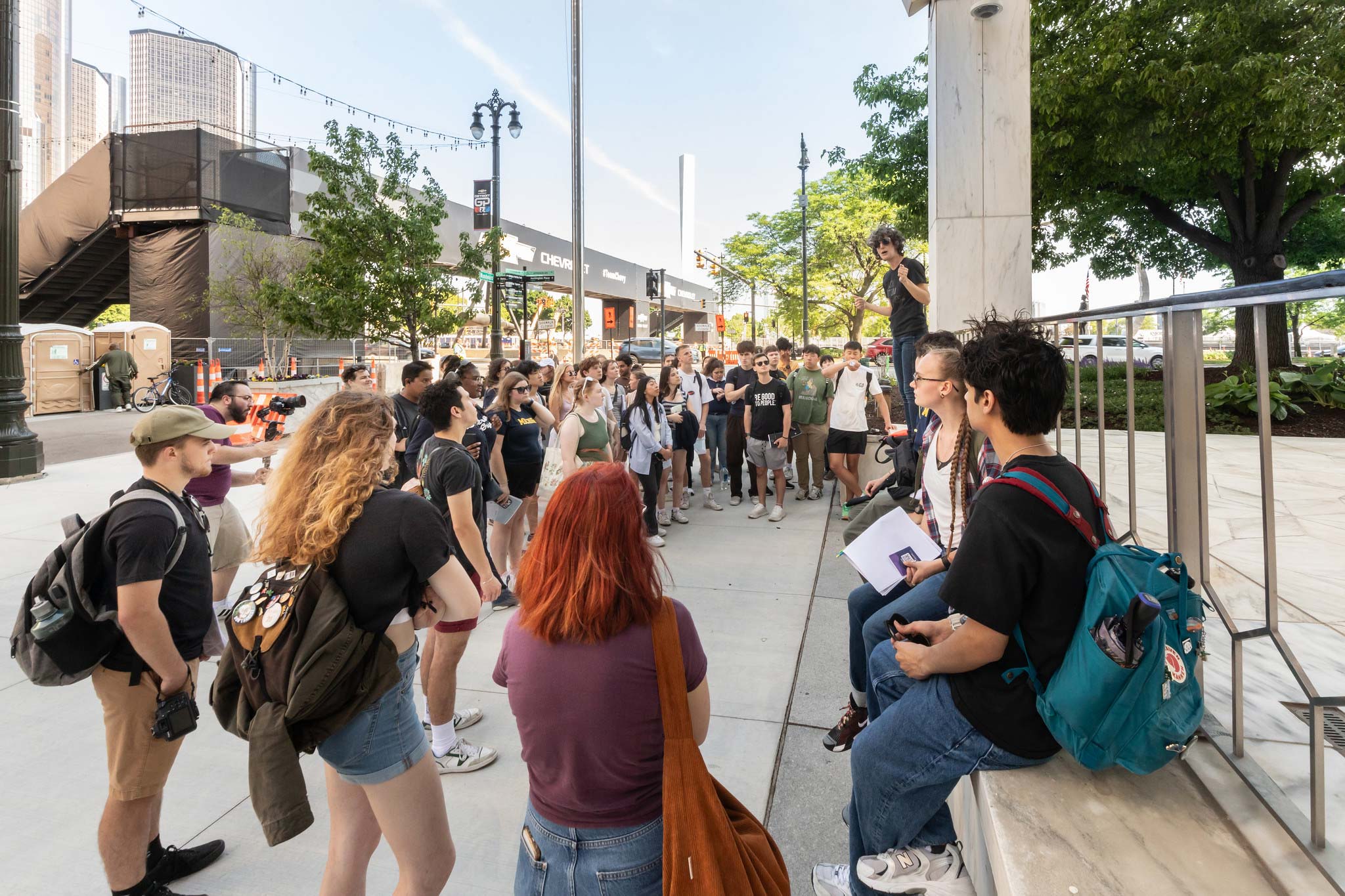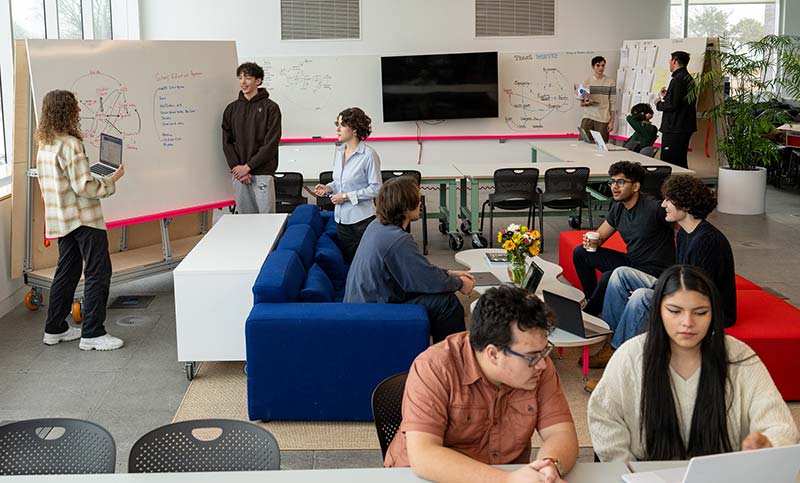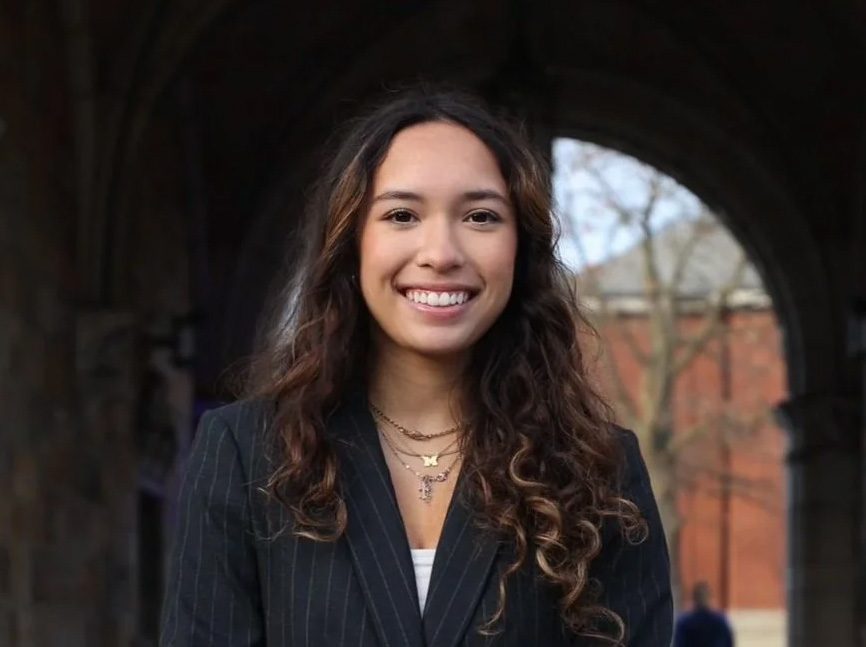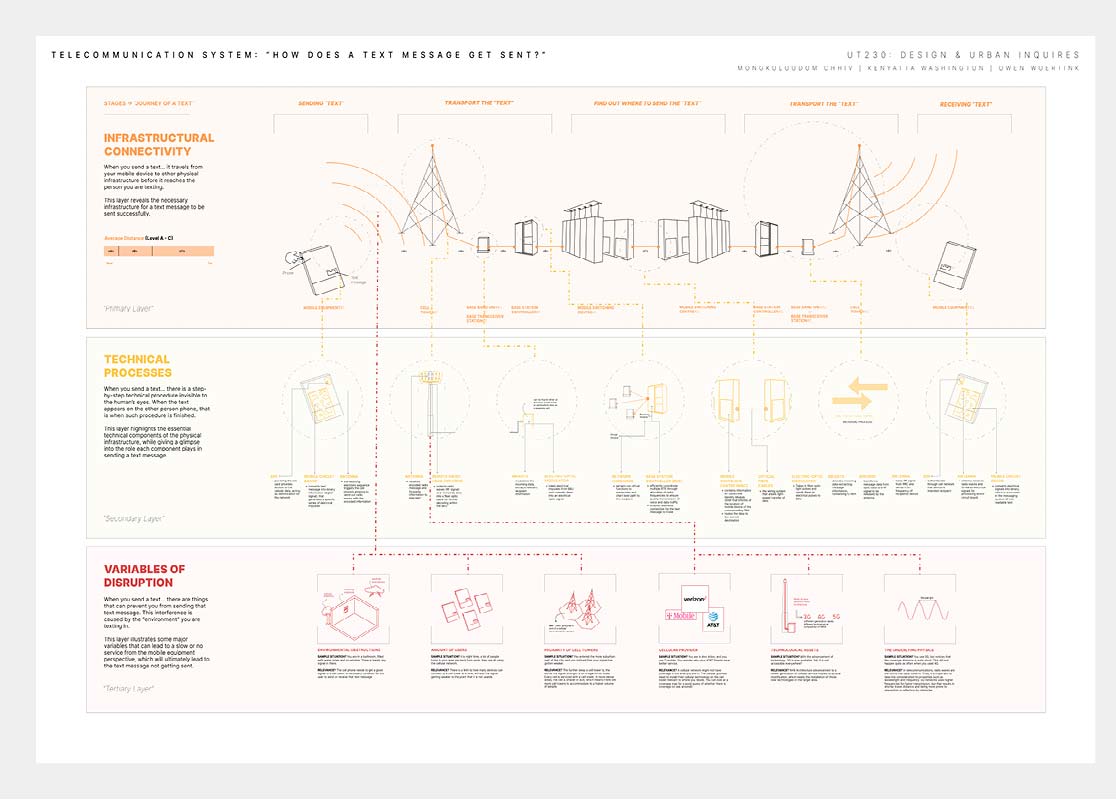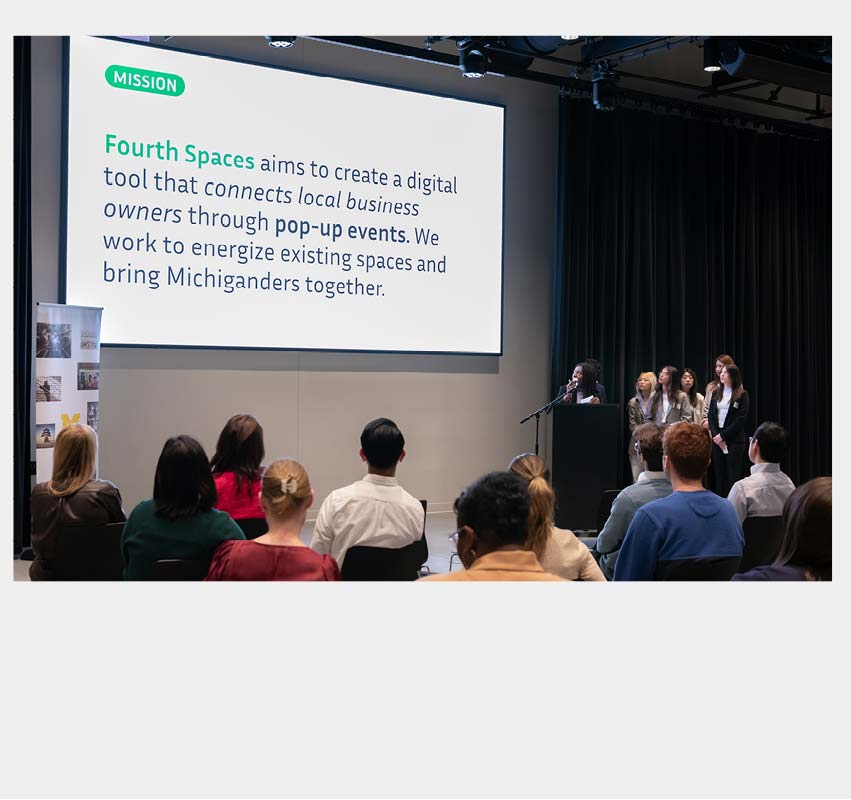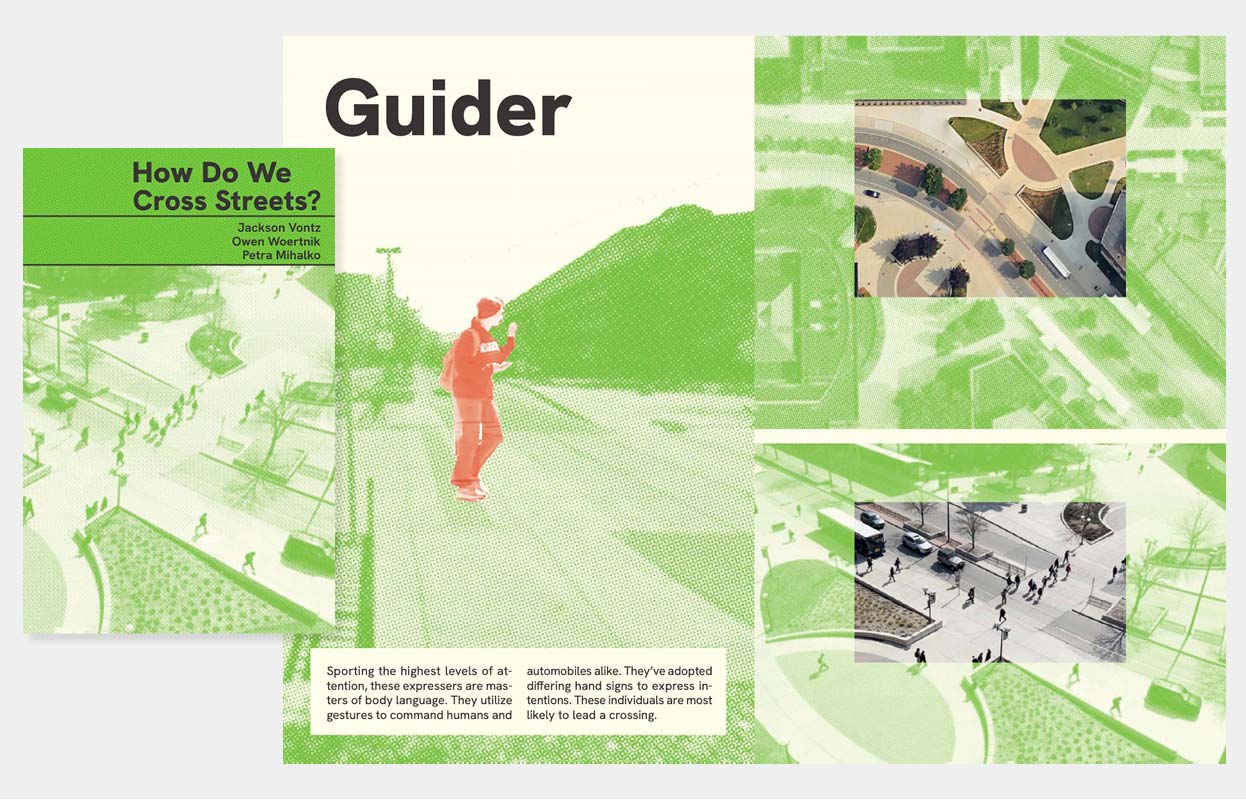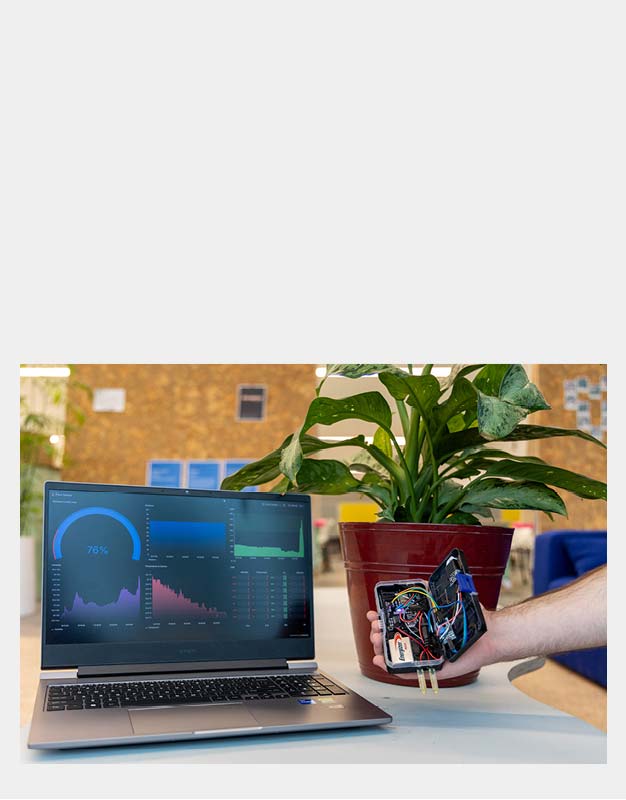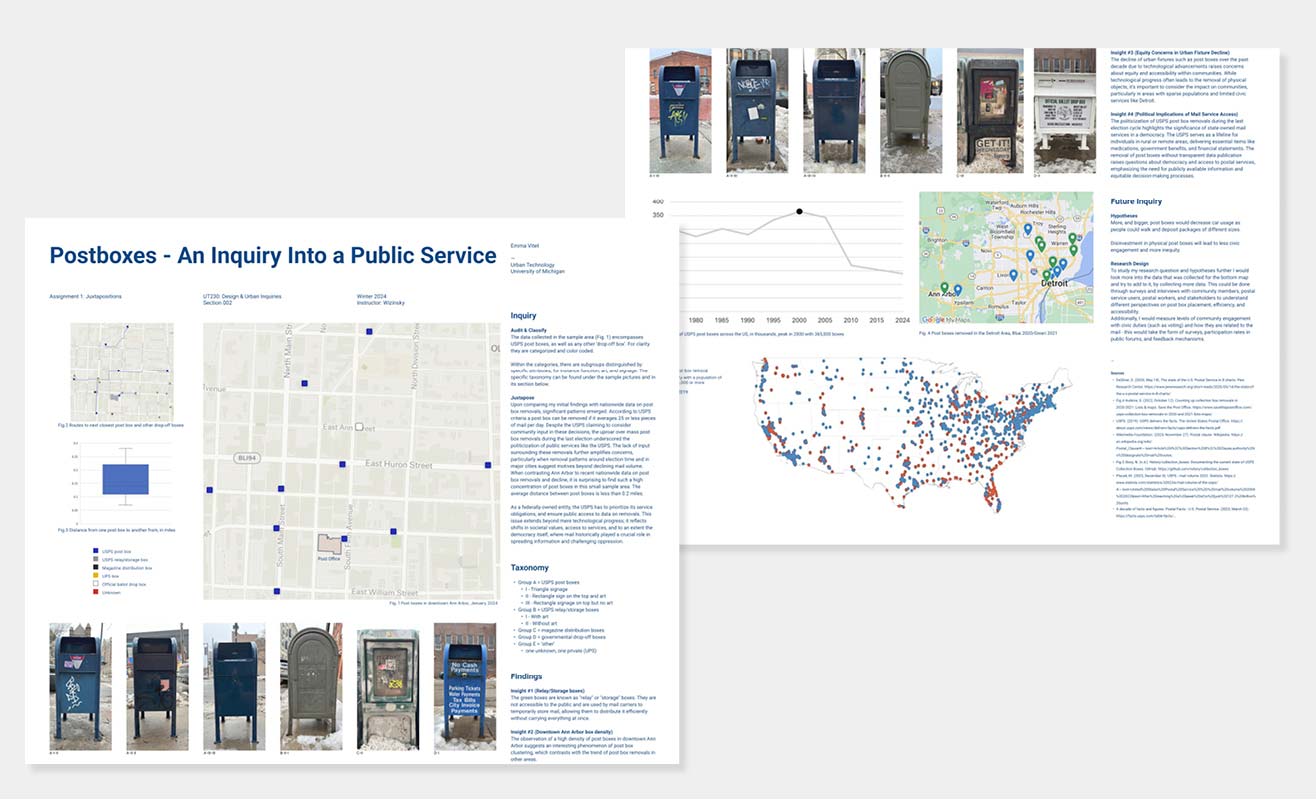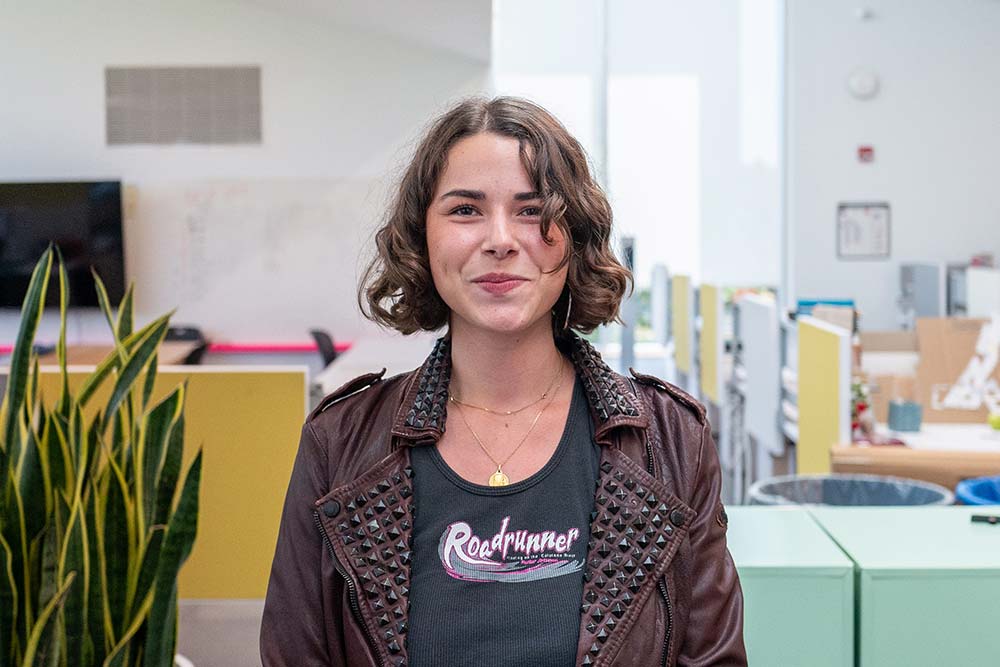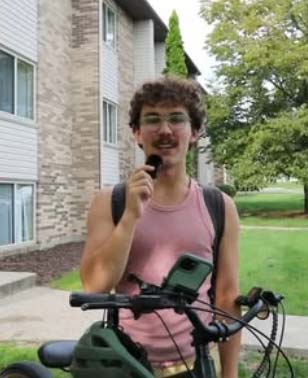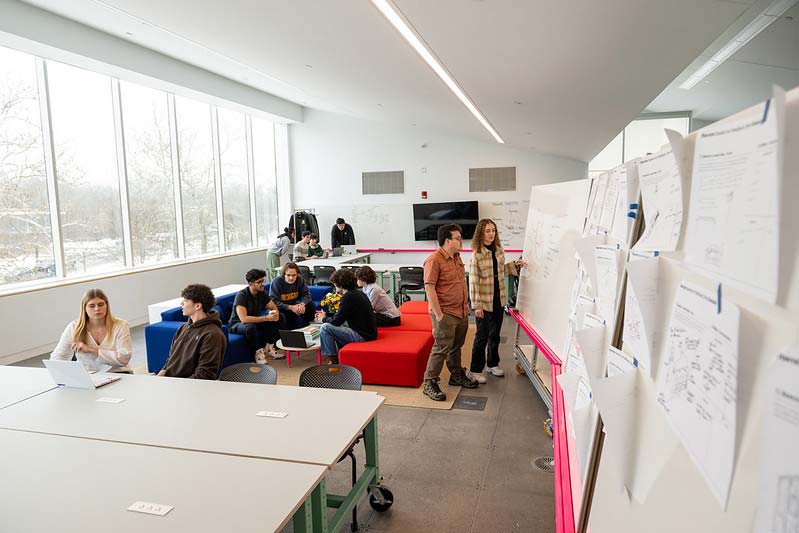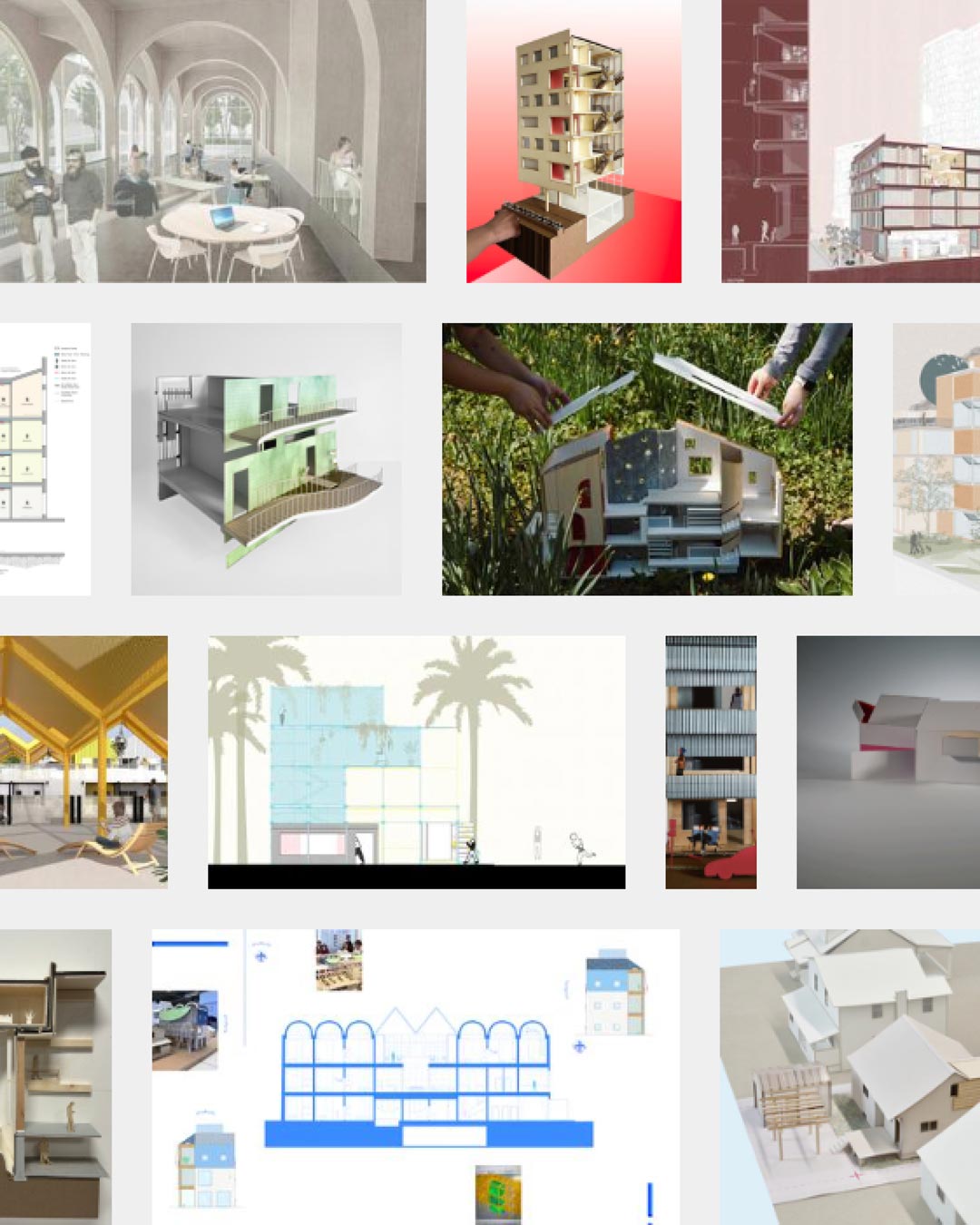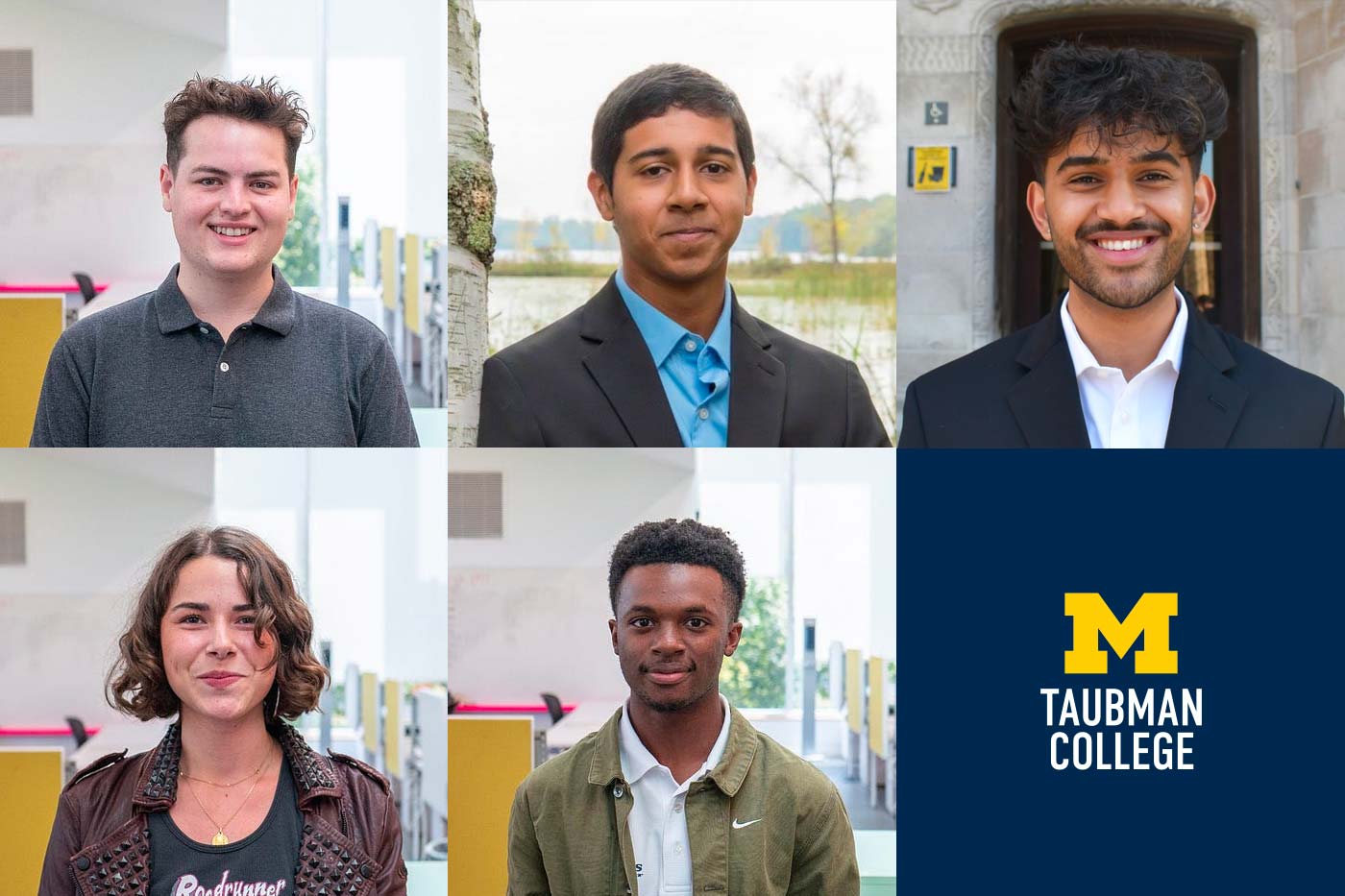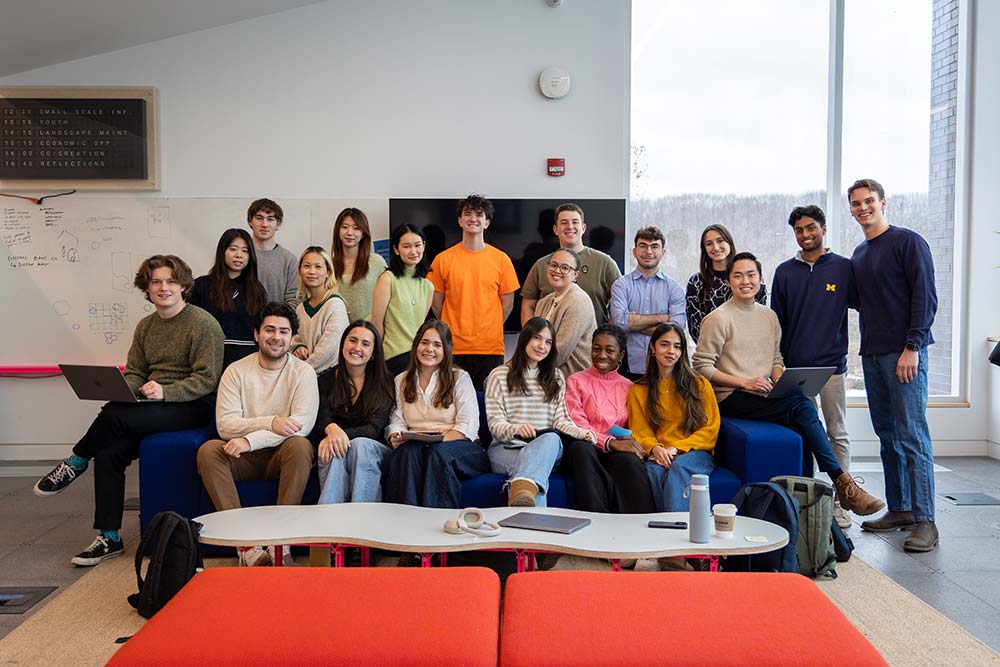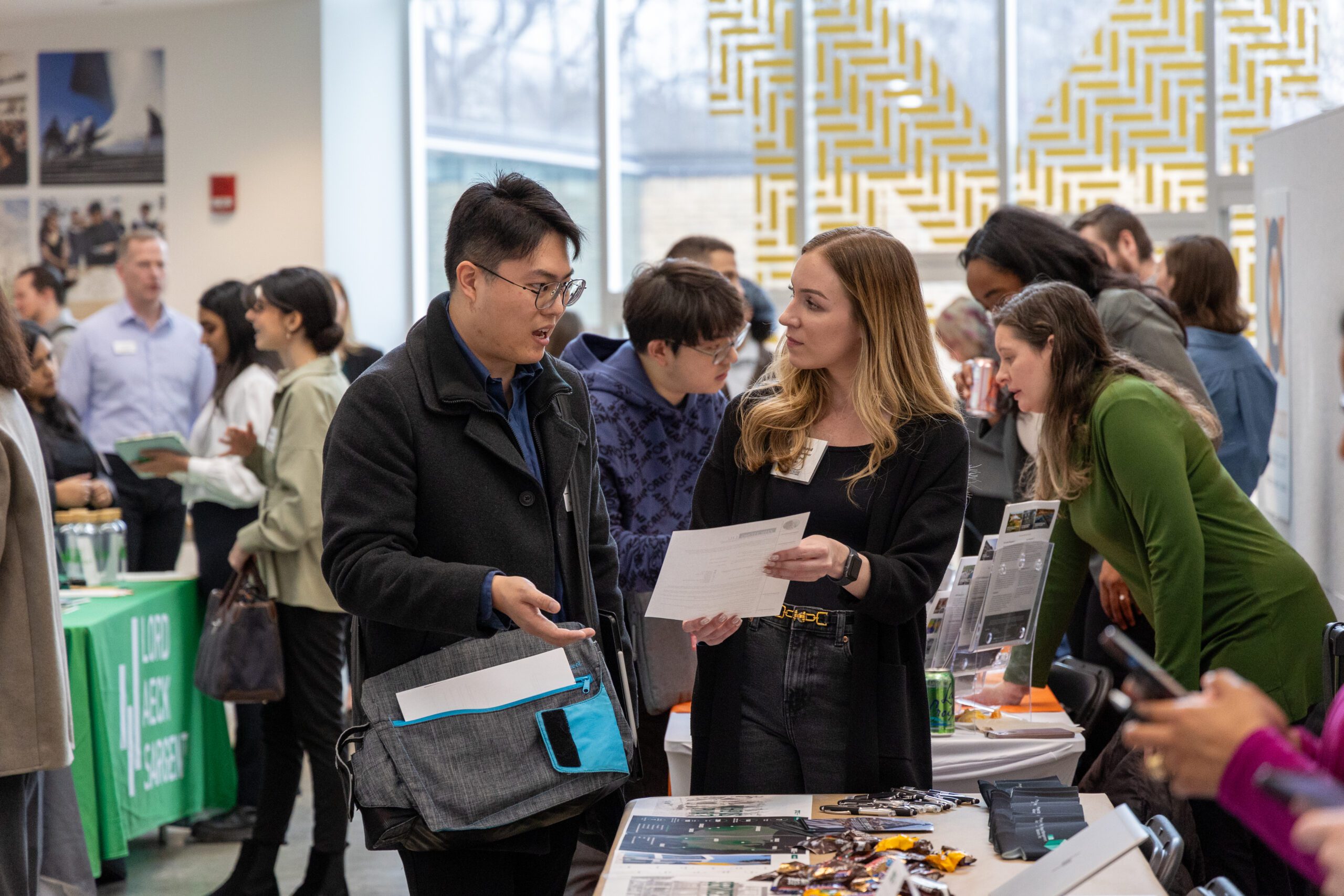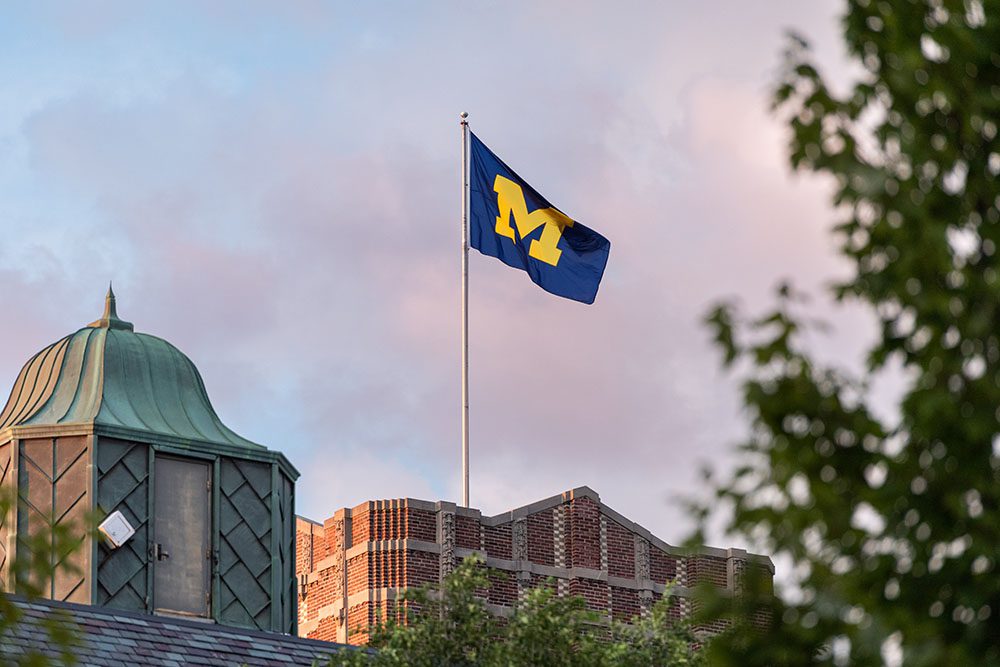Bachelor of Science in Urban Technology
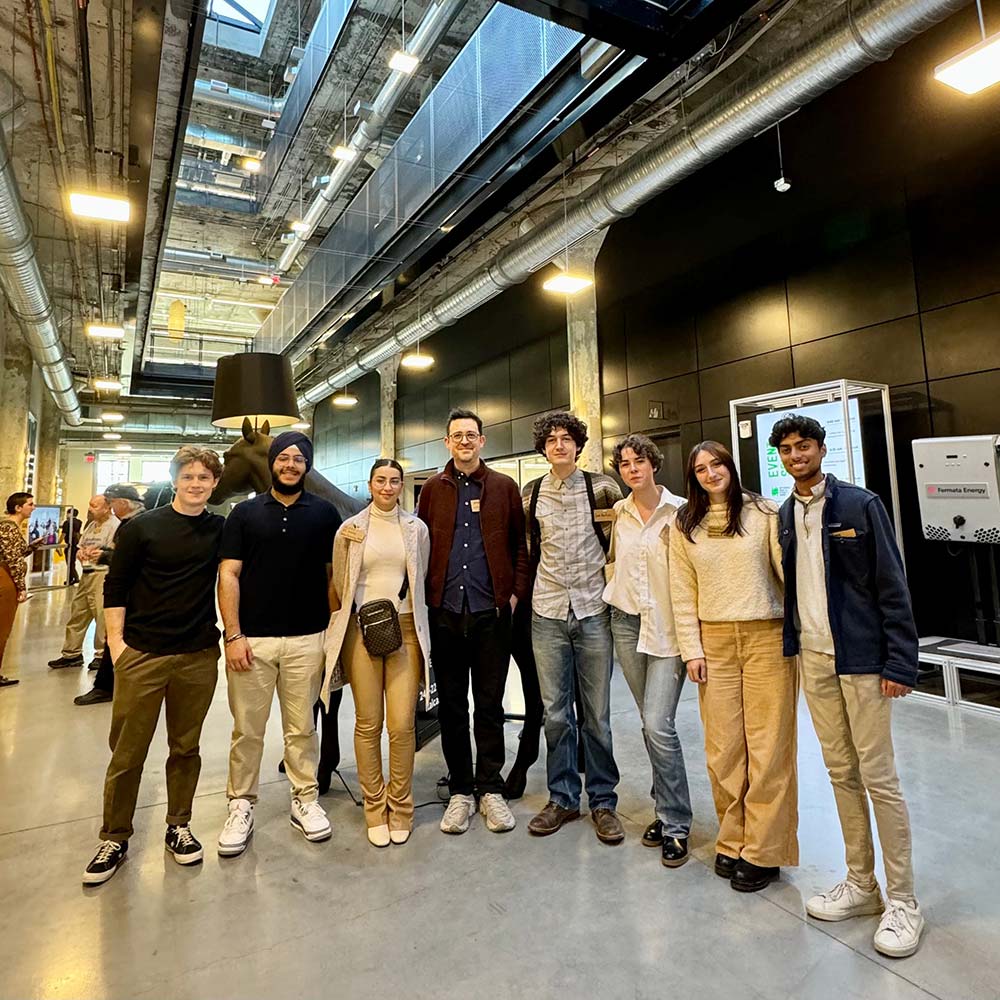
February 1 (Regular Decision)
May 1 (Regular Decision)
Our Bachelor of Science in Urban Technology is for future urban leaders. Students graduate with an understanding of cities and the design and technology skills to research city life and respond to urban needs.
Positioned within one of the nation’s top-ranked public universities, this unique degree program at Taubman College prepares students for careers in urban planning, urban design, public service, or entrepreneurship. We’ve created the degree to purposefully bring together students with all of these interests so that you become part of a diverse intellectual community that sees beyond the professional divisions of the past. Hear from students in the video below, and learn what urban technology means to them.
February 1 (Regular Decision)
May 1 (Regular Decision)

February 1 (Regular Decision)
May 1 (Regular Decision)
Community and Connections
Our Urban Technology degree is centered around project-based, collaborative work. You will experiment and explore the intersection of technology, design, and cities alongside a cohort of inspired peers who will challenge and support you. They will be your sounding board, your support network, and your friends.
Learn from the Best
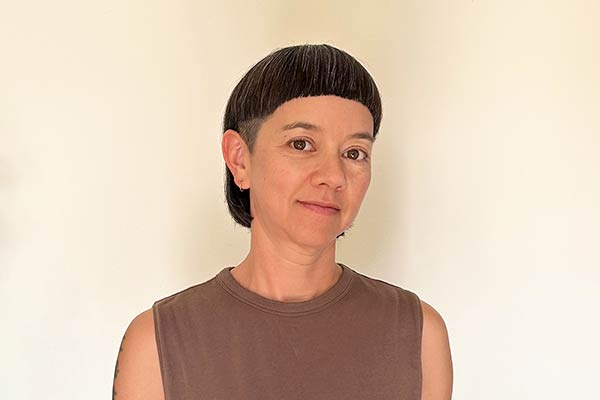


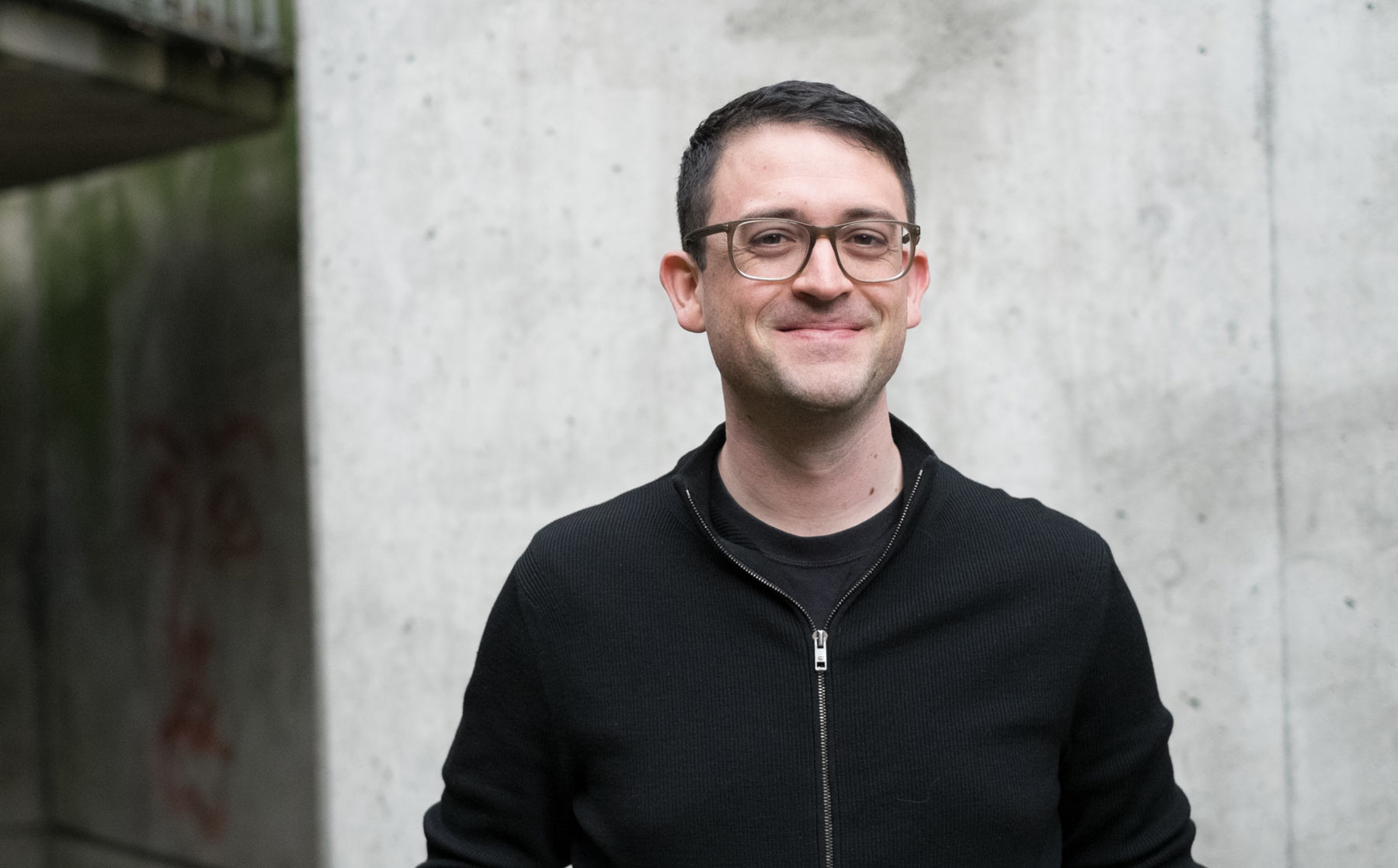
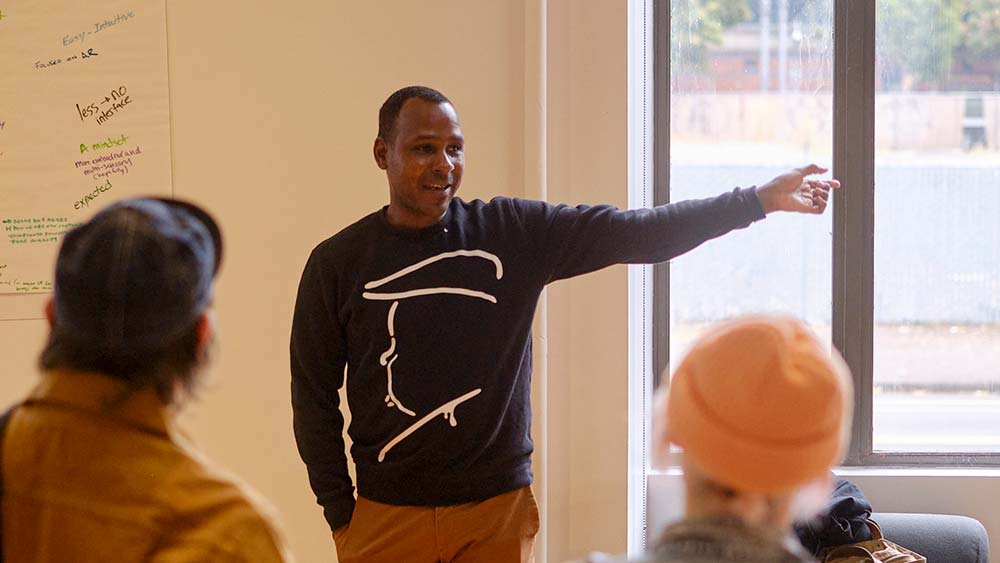

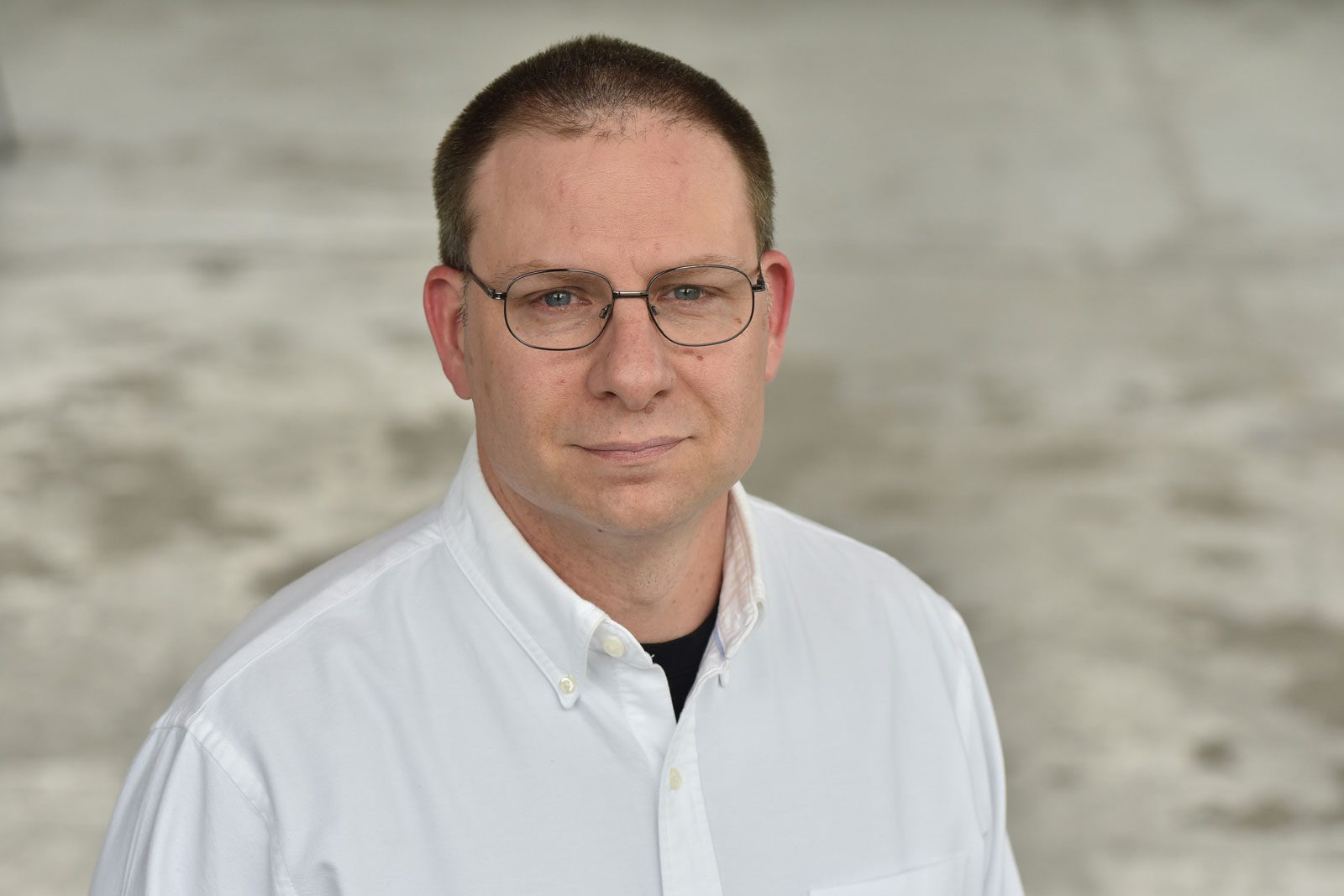
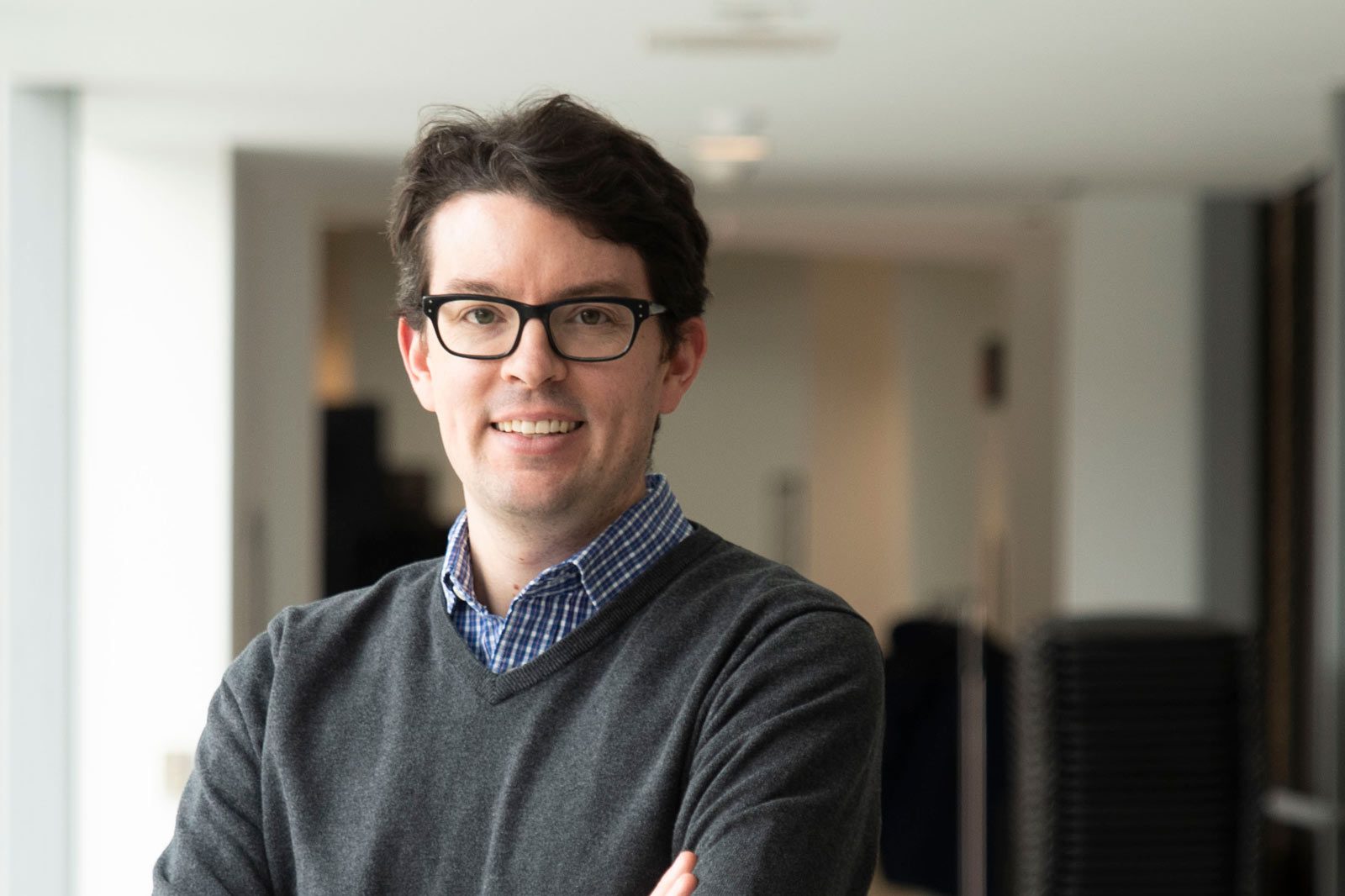
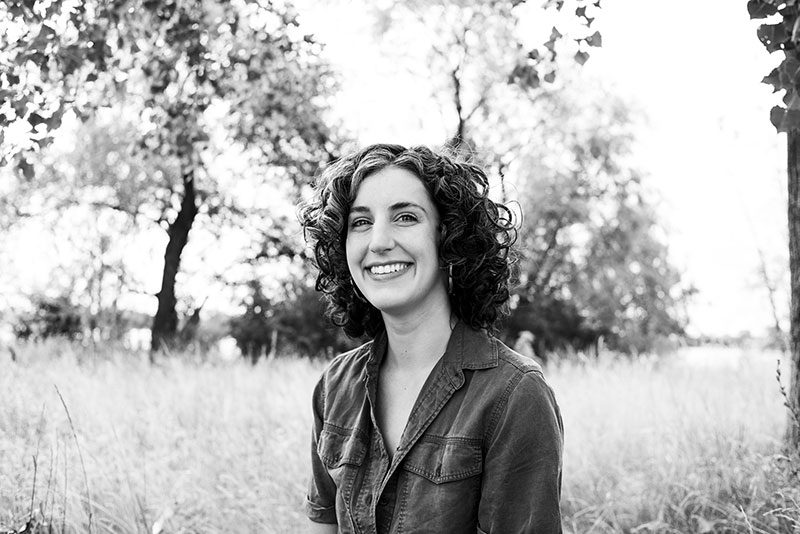
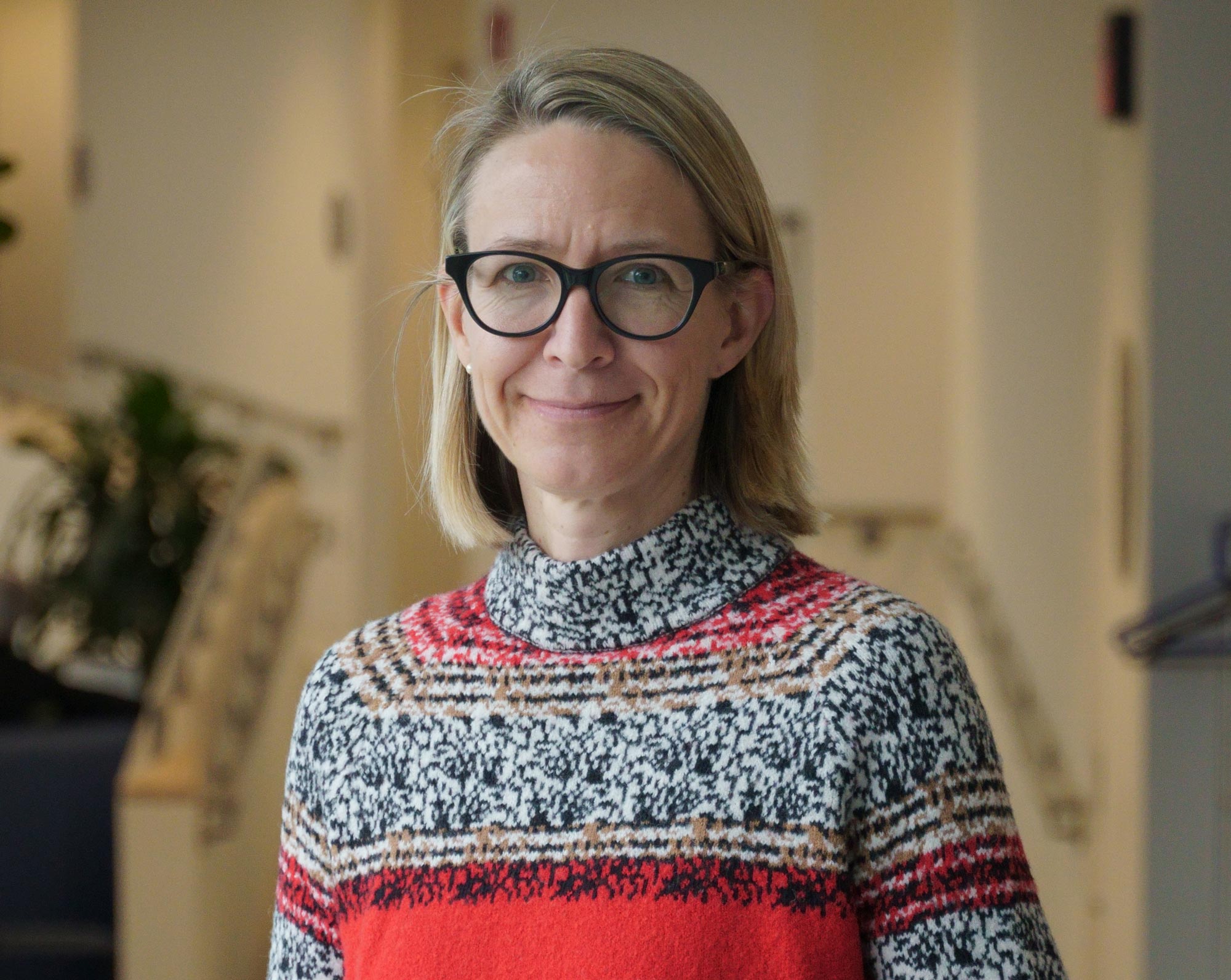

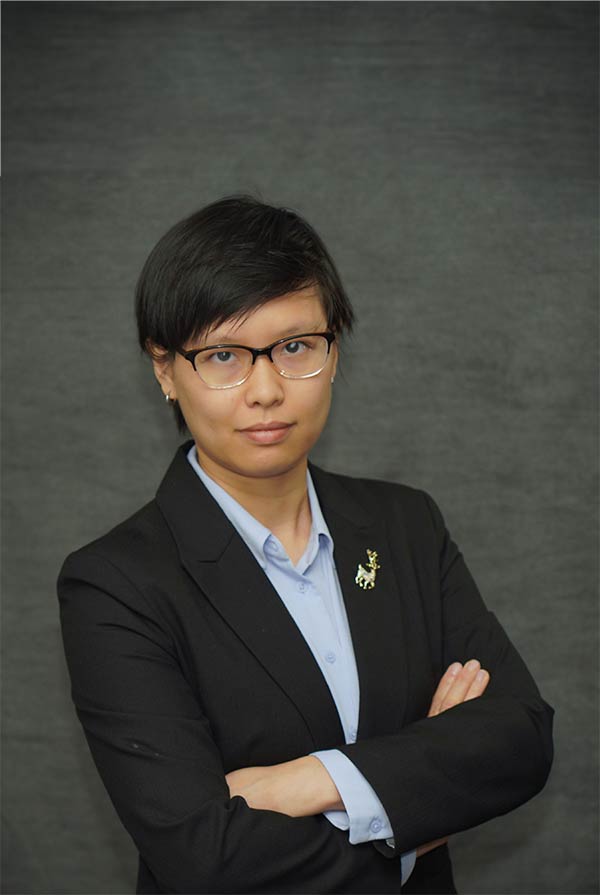
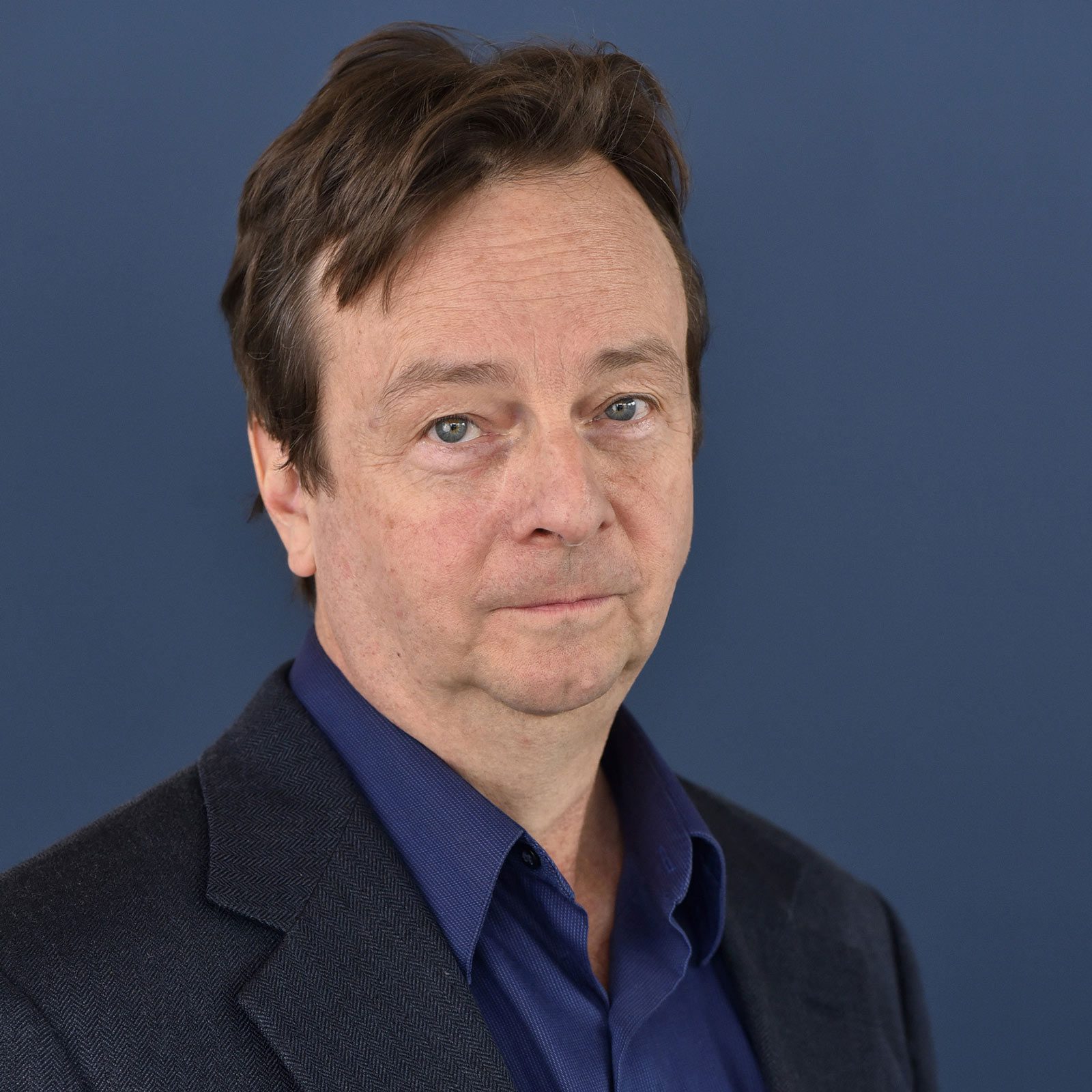
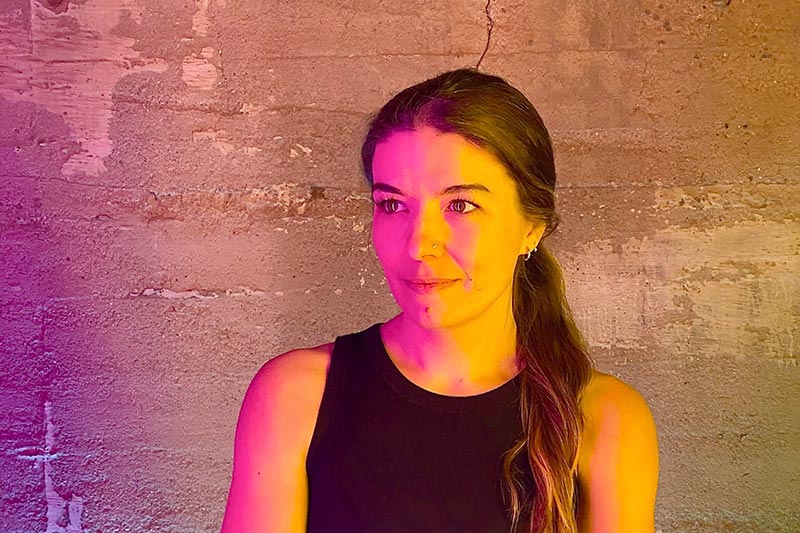
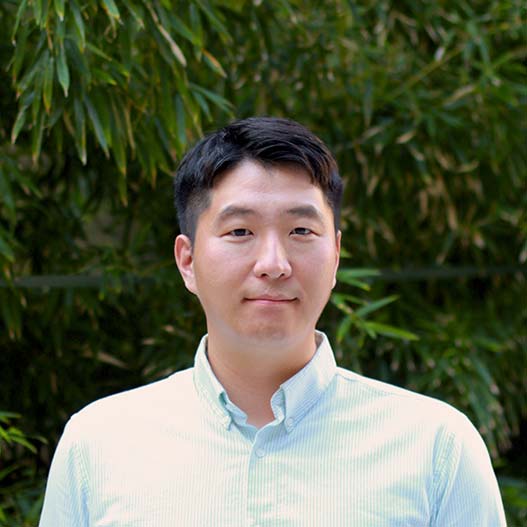


Urban Technology in the News
Whether your goal is to become a UI/UX designer, product designer, product manager, data scientist, policy analyst, entrepreneur, there’s a place for you at Taubman College. Our in-house career and professional development team will support you every step of the way. Our annual Employment Report reflects the outcomes for the most recently surveyed Taubman graduates, which does not include students in our inaugural urban technology cohort who graduated in spring 2025.
Making decisions about the next step in your educational journey is a time full of opportunity and potential. Yet, you may also have concerns about paying for your degree. There are numerous financial resources to help you manage tuition and living expenses.





